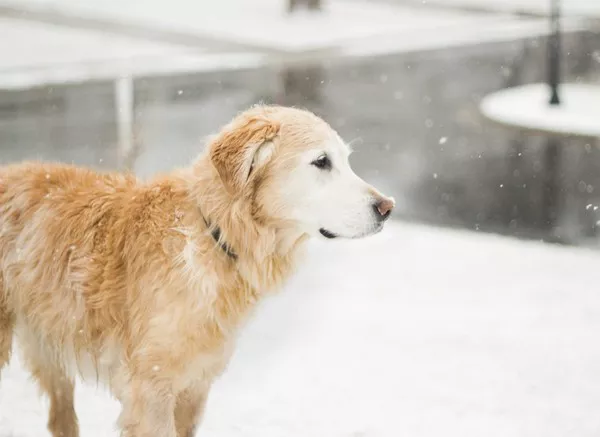As celestial enthusiasts eagerly anticipate the upcoming solar eclipse, pet owners are reminded to consider the well-being of their furry companions amidst the excitement. While humans marvel at the alignment of the sun and moon, the effects of this cosmic event on pets can vary, prompting responsible pet care measures to ensure their safety and comfort.
The American Society for the Prevention of Cruelty to Animals (ASPCA) emphasizes that while humans may find the eclipse captivating, pets might experience confusion and anxiety during the temporary darkness. While some animals may remain indifferent to the spectacle, others may exhibit signs of distress or behavioral changes, with potential risks including retinal damage from direct sun exposure.
Pet owners are advised to take proactive measures to minimize their pets’ stress levels during the solar eclipse. Keeping pets indoors and away from outdoor viewing parties or celebrations is recommended to provide a calm and secure environment. Furthermore, precautions such as covering windows, blinds, and doors can help reduce anxiety and shield pets from excessive noise and sun exposure.
It is essential for pet owners to recognize the dangers of allowing pets to gaze directly at the sun during the eclipse, as this can lead to eye damage due to the heightened radiation levels. While pets may not typically engage in such behavior, they may inadvertently mimic human actions, emphasizing the importance of discouraging any attempts to view the eclipse.
To prepare pets for the solar eclipse, the ASPCA offers practical tips aimed at ensuring their safety:
Keep pets indoors throughout the duration of the eclipse, blocking access to outdoor areas to prevent potential exposure.
Secure windows, blinds, and doors to create a serene environment free from external stimuli.
Exercise caution when viewing the eclipse outdoors, ensuring pets are safely restrained or supervised to prevent accidental injury or escape.
Verify that pets have proper identification tags in case of unforeseen flight or fleeing behavior prompted by eclipse-related disturbances.
Maintain regular routines and activities to provide a sense of familiarity and security for pets, supplemented by comforting distractions such as toys and treats.
Monitor pets for signs of anxiety or unusual behavior during and after the eclipse, seeking veterinary assistance if necessary to address any concerns promptly.
By following these guidelines and prioritizing their pets’ well-being, pet owners can navigate the solar eclipse with confidence, ensuring a safe and comfortable experience for their beloved companions.

























